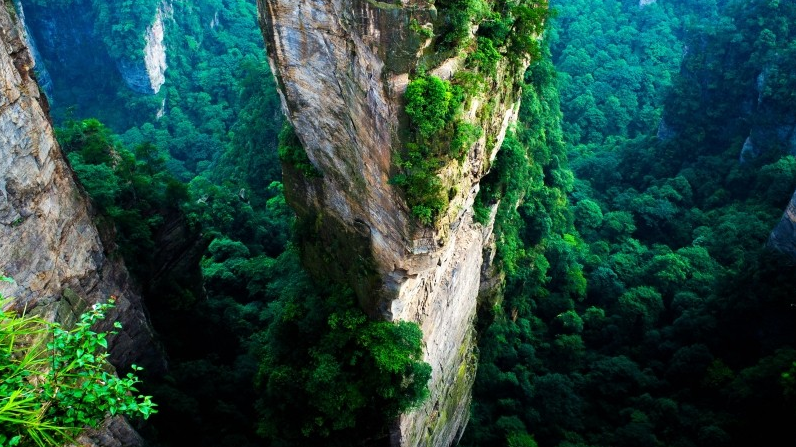China announces huge reforestation plans
The Chinese government has announced that new trees to be planted in 2018 will cover at least 6.6 million hectares all over the country- an area estimated to be the size of Ireland, in a bid to become the world leader in conservation.

The Chinese government has announced that new trees to be planted in 2018 will cover at least 6.6 million hectares all over the country- an area estimated to be the size of Ireland, in a bid to become the world leader in conservation.
Currently, 21.7 percent of the country is covered by forests. China’s State Forestry Administration’s target is to increase this number to 23 percent by 2020.
The reforestation plans for this year will focus on the northeast Hebei province, the Qinghai province in the Tibetan Plateau, and the Hunshandake Desert in Inner Mongolia.
Zhang Jianlong, Head of the Administration, revealed that the country ultimately aims to increase the number of hectares of forest to 26 percent by 2035 calling for private and public shareholders to come together to further this end.
He said: "Companies, organisations, and talent that specialise in greening work are all welcome to join in the country's massive greening campaign. Cooperation between government and social capital will be put on the priority list”.
Ever since 2014, China has declared an aggressive war against air pollution having already spent over $61 billion on increasing forest areas in the past 5 years. To date, China’s forest amounts to 208 million hectares in total.
In addition, in a move to preserve existing forests the government has introduced a series of policies to decrease construction near forests, rivers, and national parks. What is known as “ecological red line” policies, local governments are required to regulate “irrational development” that would undermine the natural landscape and would favour new constructions at the expense of further deforestation.
The news is associated with the “Grain for Green” programme which launched in 1999, which has been called one of the largest reforestation projects in the world. It is also aimed at reducing environmental degradation and preventing flooding.


